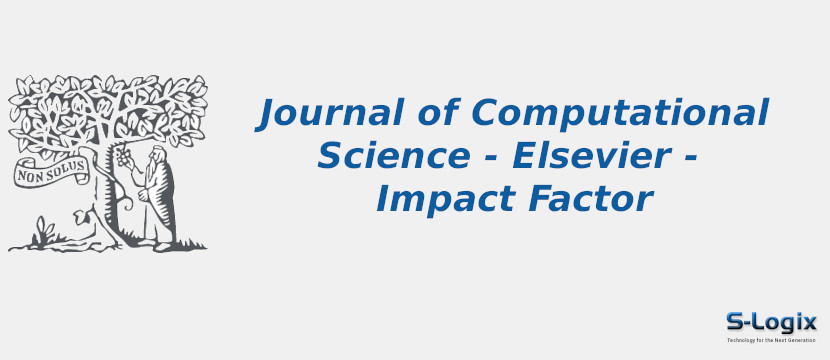Journal Home: Journal Homepage
Editor-in-Chief: Sarika Jalan
Print ISSN: 1877-7503
Electronic ISSN: 1877-7511
Abstracting and Indexing: Science Citation Index Expanded, Scopus.
Imapct Factor 2024: 3.7
Subject Area and Category: Computer Sciences, Mathematics
Publication Frequency: Quarterly
H Index: 71
Q1:
Q2: Computer Science (miscellaneous)
Q3:
Q4:
Cite Score: 6.5
SNIP: 1.208
Journal Rank(SJR): 0.697
Latest Articles: Latest Articles in Journal of Computational Science
Guidelines for Authors: Journal of Computational Science Author Guidelines
Paper Submissions: Paper Submissions in Journal of Computational Science
Publisher: Elsevier Science B.V
Country: Netherlands
